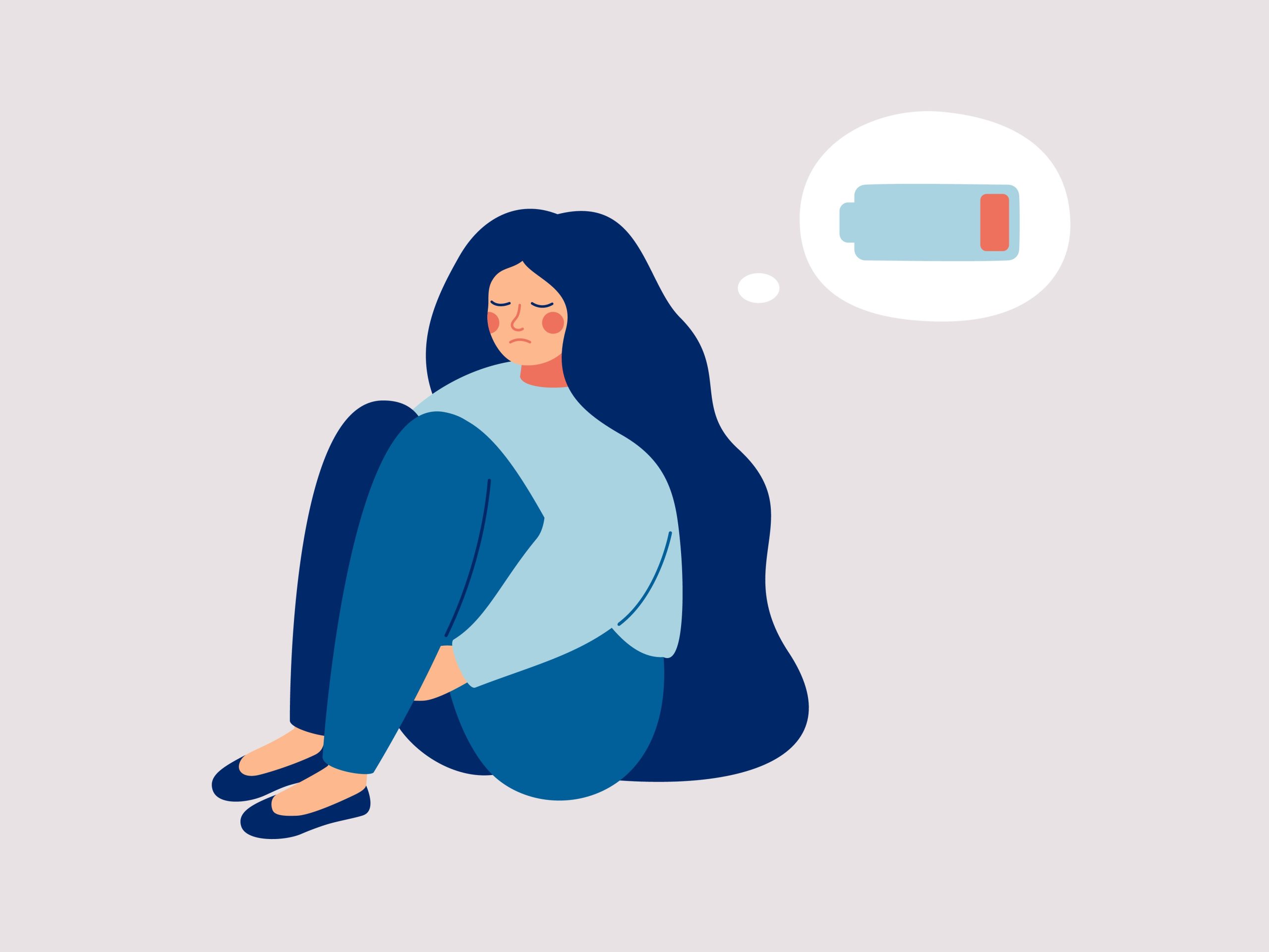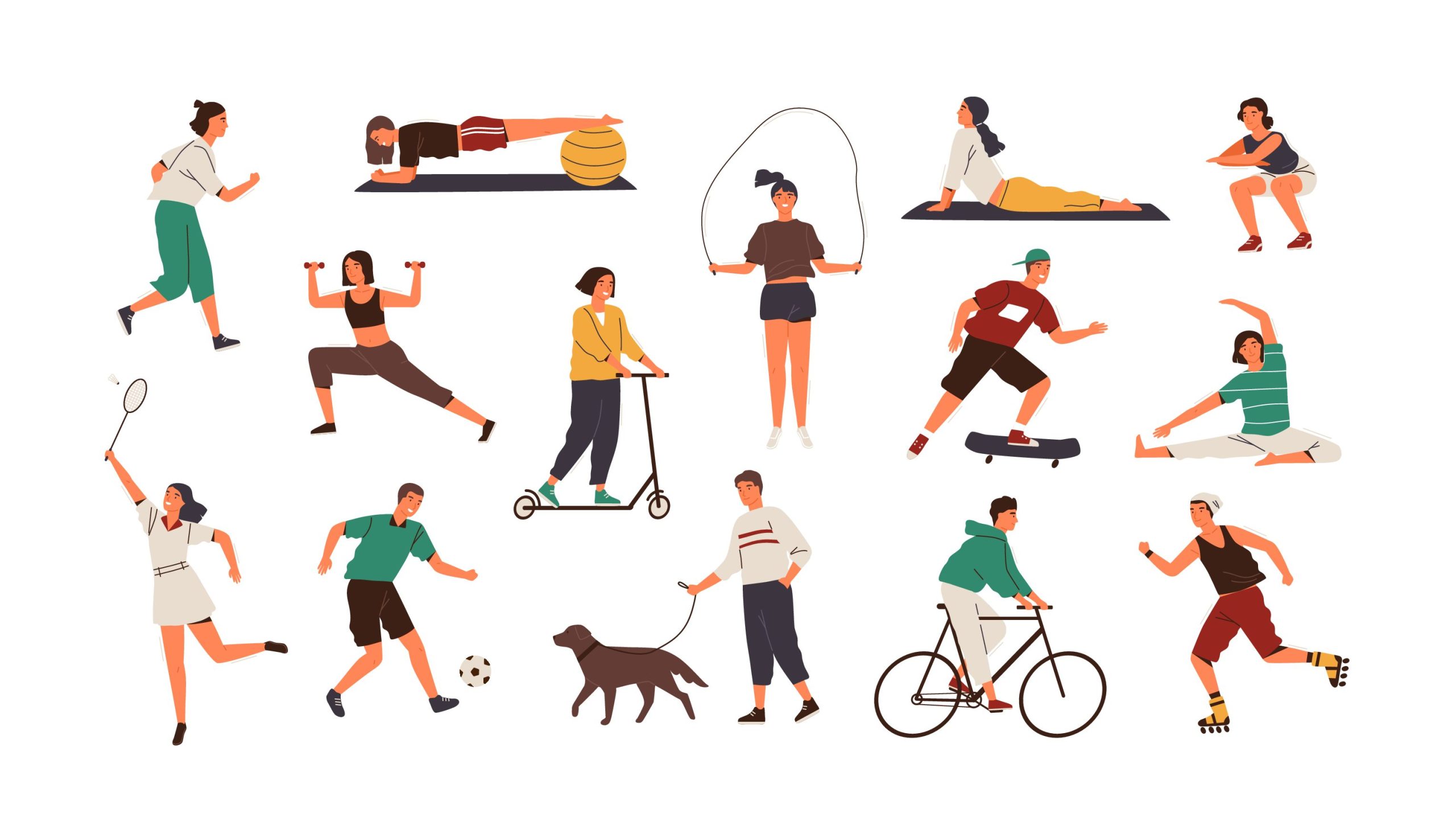Many people overeat, putting their health at risk.
Some people claim naively that the answer is “simple”: “just eat less.”
This is not a very useful piece of advice.
In the long term, strategies such as portion control and moderation don’t work. You will feel deprived, hungry and unsatisfied when you reduce your food intake.
Your hormones and biological urges will eventually overcome your willpower, even if you are able to stick with it for several weeks.
Rethinking the Overeating Problem
You are not weak or laziness. Overeating does not result from a lack in willpower or discipline. It is a normal reaction to the food environment of today.
Understanding the factors that influence what you eat and how much, can help you develop a healthier relationship to food.
Eating Too Much
When you are distracted, it’s very easy to overeat. You’re more likely than not to overeat when you’re distracted.
Do you pay attention to your food or are you distracted with work, TV or your phone while you eat?
Be more aware of what you eat while eating.
Do you enjoy the tastes and textures in your food?
Eat slowly and thoroughly.
Do you really still feel hungry?
Listen to your body’s cues and trust them before you reach for seconds.
Eating Too Often
A common diet problem is eating too often. You may not be giving your body the time it needs to digest each meal if you snack all day.
Why do you feel the urge to eat food?
Do not eat to relieve stress, anxiety or boredom.
Do you eat it out of habit or because it is there?
Question the reasons you reach for your snack.
Eating the Wrong Foods
When your stomach is empty, it’s difficult to resist a hunger or leave the table. It’s easy to overeat meat, dairy and junk food because they are packed with calories and fats. Fruits and vegetables, on the other hand have a lower energy density. This means you can fill up your stomach without consuming too many calories.
Which foods do you eat too much?
Instead, of trying to eat fewer calories (which can lead to increased hunger, cravings, and overeating), find tasty, healthy foods with low calorie density that you can consume in abundance.
Do you offer healthy snacks?
Choose healthier foods to satisfy your cravings and avoid overeating.
It is more likely that you overeat because of what you eat than the amount. It is easy to overeat on certain foods (meats, dairy products, and processed foods).
Filling up on fruits, vegetables and beans will make you feel satisfied and less likely to overeat.







